
What is geotechnical engineering? Geotechnical engineering is a branch of civil engineering that concerns the study of the interrelationship between...
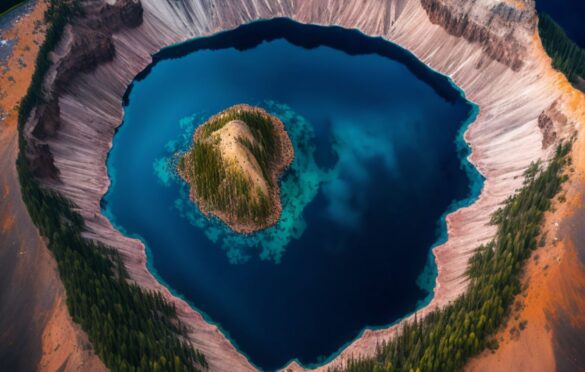
Crater Lake is a breathtaking natural wonder that continues to amaze people from all over the world. This stunning body of water is located in Oregon, USA and is one of the most famous type of caldera lakes in the world. In this article, we will delve into the formation of Crater Lake and what makes it unique among type calderas.
Crater Lake was formed as a result of a volcanic eruption that took place approximately 7,700 years ago. The eruption was so massive that it caused the top of the mountain to collapse, forming a large, circular depression called a caldera. Over time, rain and snowmelt filled the caldera, creating the stunning lake that we see today.
Crater Lake is a classic example of a type of caldera known as a caldera lake. Caldera lakes are formed when the magma chamber beneath a volcanic mountain is emptied by a massive eruption, causing the top of the mountain to collapse. Over time, the caldera fills with rain and snowmelt, forming a lake.
Crater Lake is unique among type calderas because of its stunning blue color and crystal-clear water. This is due to the fact that the lake has no inlets or outlets and is surrounded by steep walls, allowing it to remain isolated from the surrounding environment. As a result, the water in Crater Lake is incredibly pure and free of pollutants.
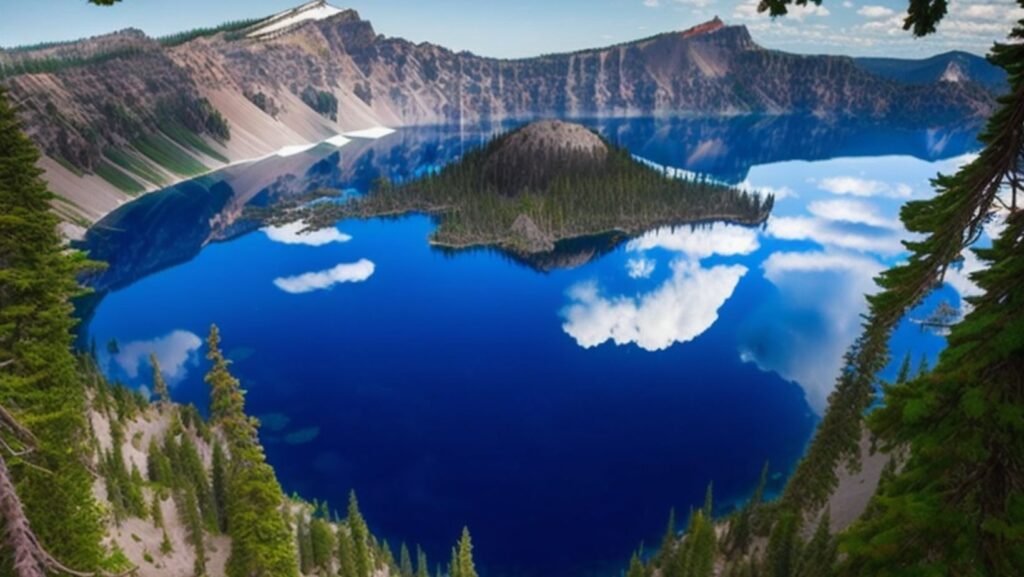
Crater Lake is a beautiful and awe-inspiring natural wonder that continues to captivate visitors from all over the world. Its stunning blue color and crystal-clear water make it unique among type calderas, and its isolated location ensures that it remains pure and unpolluted. Whether you are a seasoned traveler or a first-time visitor, a trip to Crater Lake is an experience you will never forget.
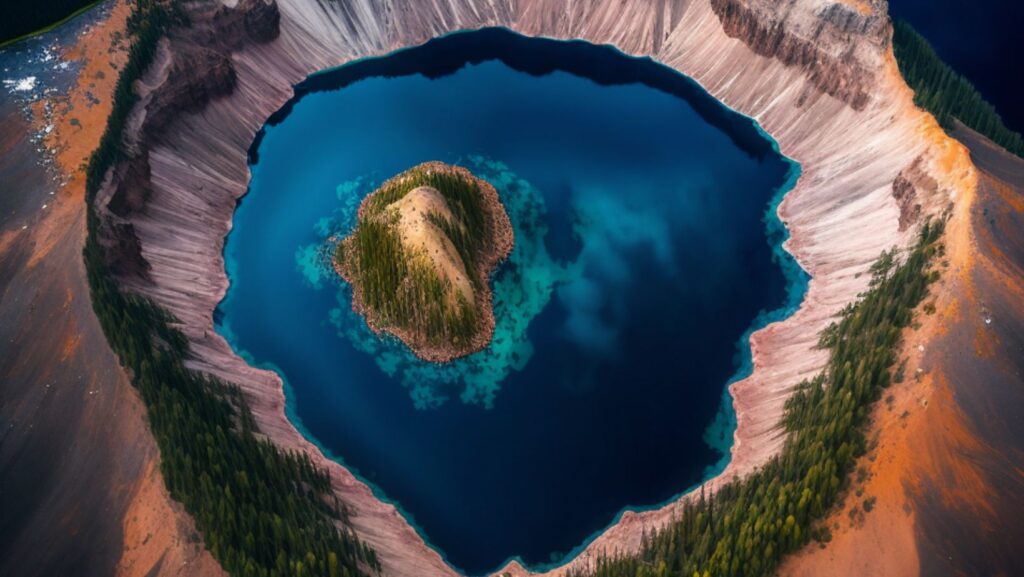

What is geotechnical engineering? Geotechnical engineering is a branch of civil engineering that concerns the study of the interrelationship between...
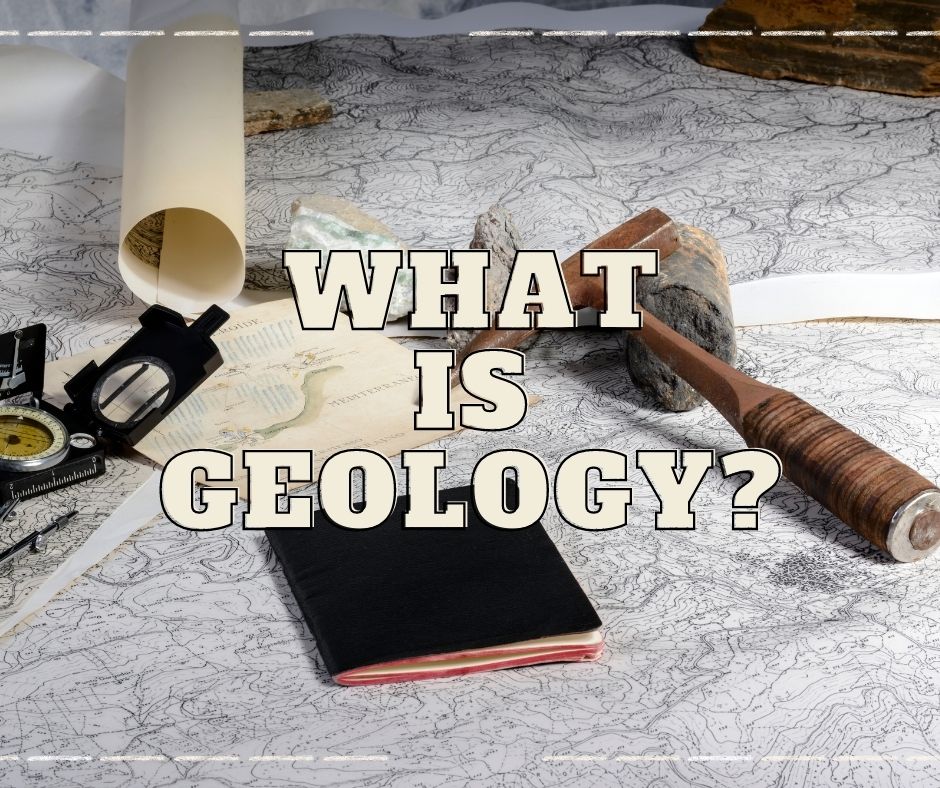
What is geology? Geology: The Science of Earth The subject of this text is geology, from the Greek geo (Earth)...
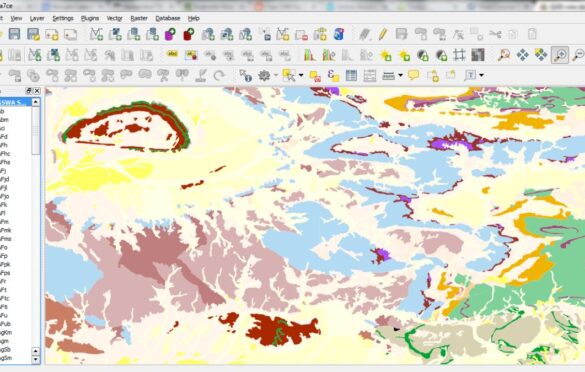
GIS in Geology Geographic Information Systems (GIS) in geology have revolutionized the way scientists explore, analyze, and interpret our planet’s...
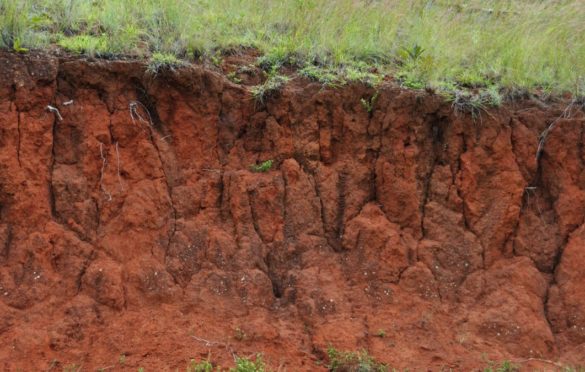
Textural Classification Soil texture, in its most general sense, refers to the surface appearance of soil and is determined by...

Petroleum Geologist Salary: An In-Depth Guide The petroleum industry plays a pivotal role in the global economy, making petroleum geology...
| Cookie | Duration | Description |
|---|---|---|
| cookielawinfo-checkbox-analytics | 11 months | This cookie is set by GDPR Cookie Consent plugin. The cookie is used to store the user consent for the cookies in the category "Analytics". |
| cookielawinfo-checkbox-functional | 11 months | The cookie is set by GDPR cookie consent to record the user consent for the cookies in the category "Functional". |
| cookielawinfo-checkbox-necessary | 11 months | This cookie is set by GDPR Cookie Consent plugin. The cookies is used to store the user consent for the cookies in the category "Necessary". |
| cookielawinfo-checkbox-others | 11 months | This cookie is set by GDPR Cookie Consent plugin. The cookie is used to store the user consent for the cookies in the category "Other. |
| cookielawinfo-checkbox-performance | 11 months | This cookie is set by GDPR Cookie Consent plugin. The cookie is used to store the user consent for the cookies in the category "Performance". |
| viewed_cookie_policy | 11 months | The cookie is set by the GDPR Cookie Consent plugin and is used to store whether or not user has consented to the use of cookies. It does not store any personal data. |